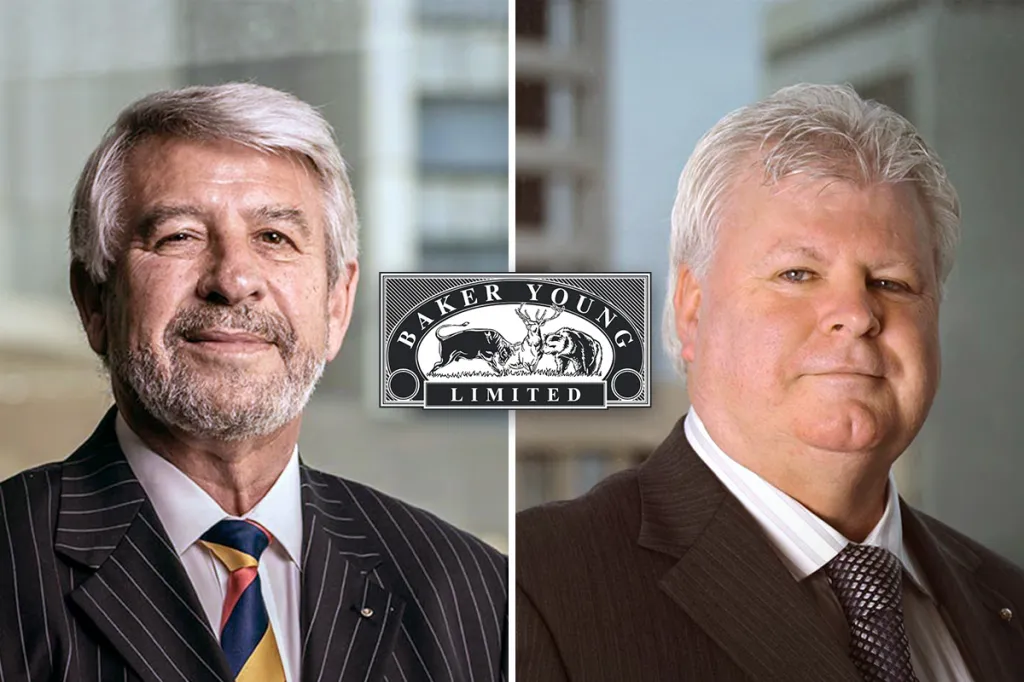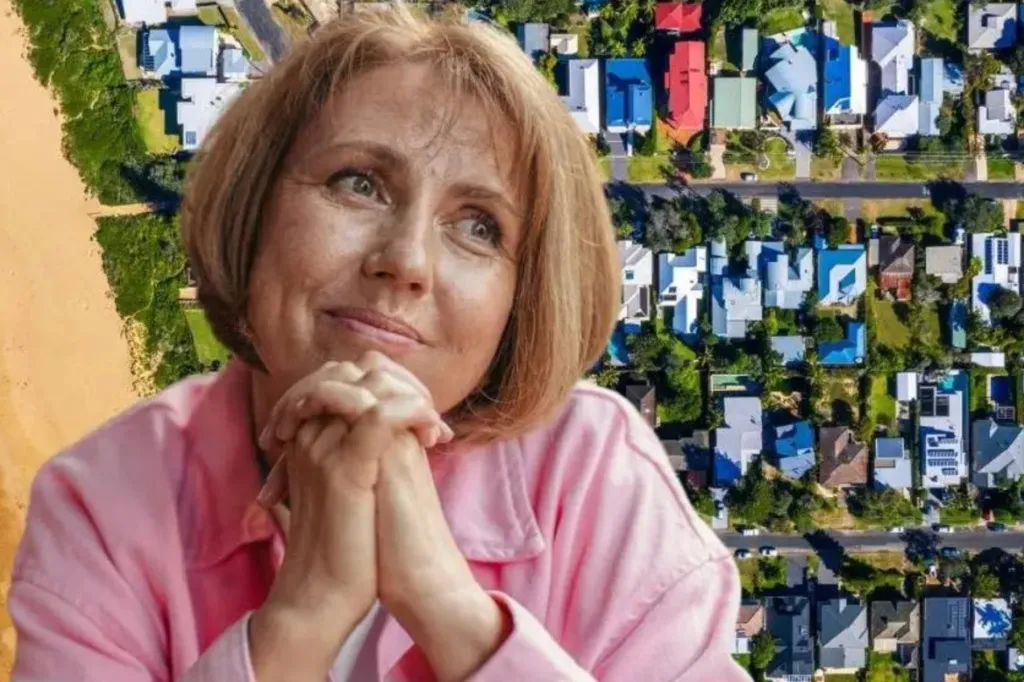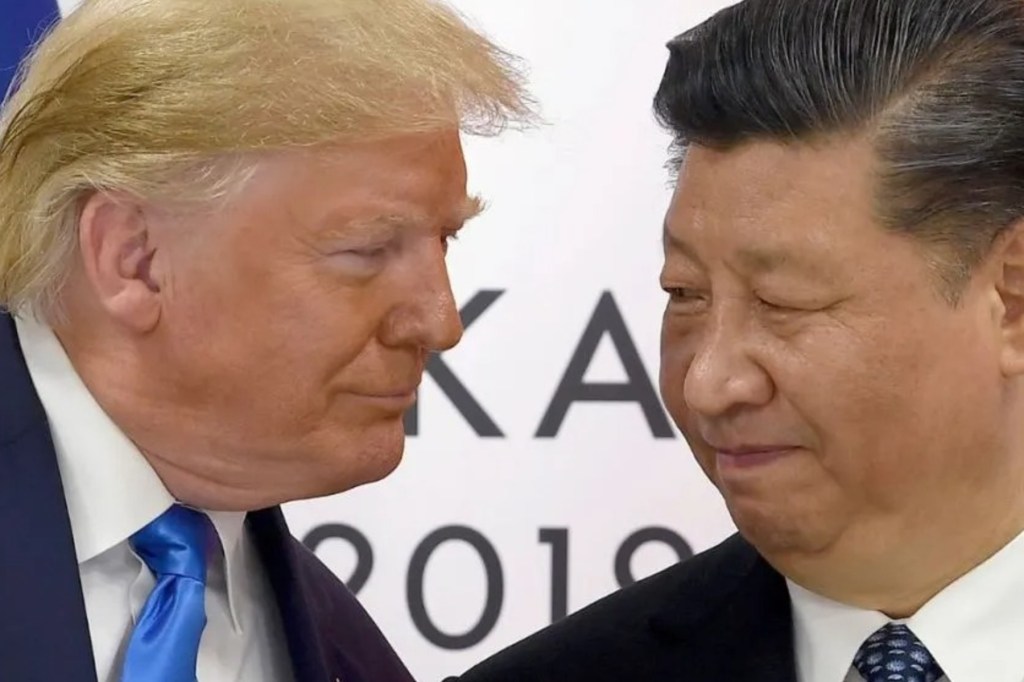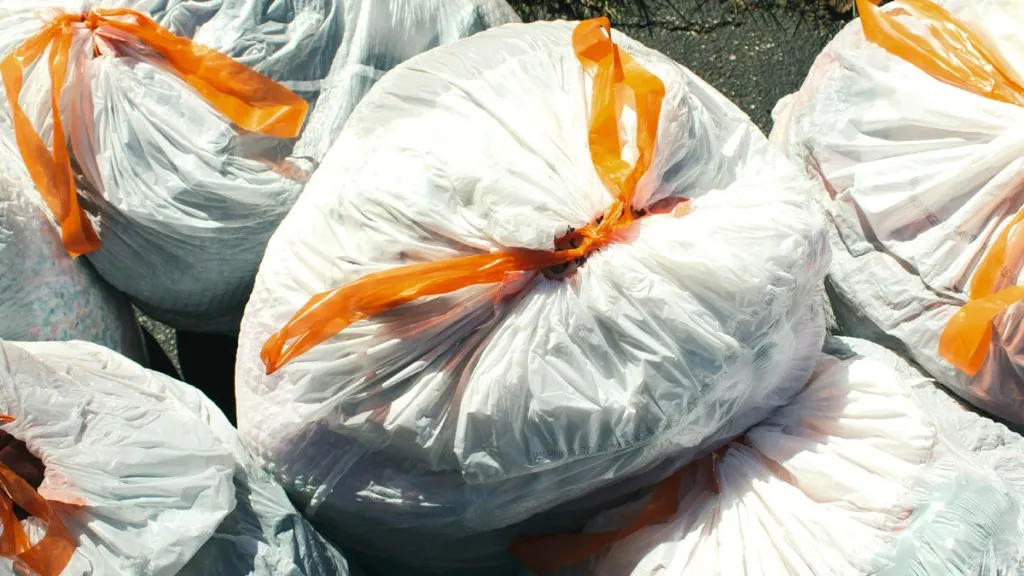Whyalla steelworks boss reflects on GFG’s ‘worst year’, backs in hydrogen plans
After a tumultuous 2024 during which the Whyalla steelworks blast furnace was offline for months, the owner of the plant’s operator Sanjeev Gupta is cautiously optimistic. But challenges abound for GFG Alliance as it faces energy supply issues ahead of a transition to hydrogen-powered steelmaking.
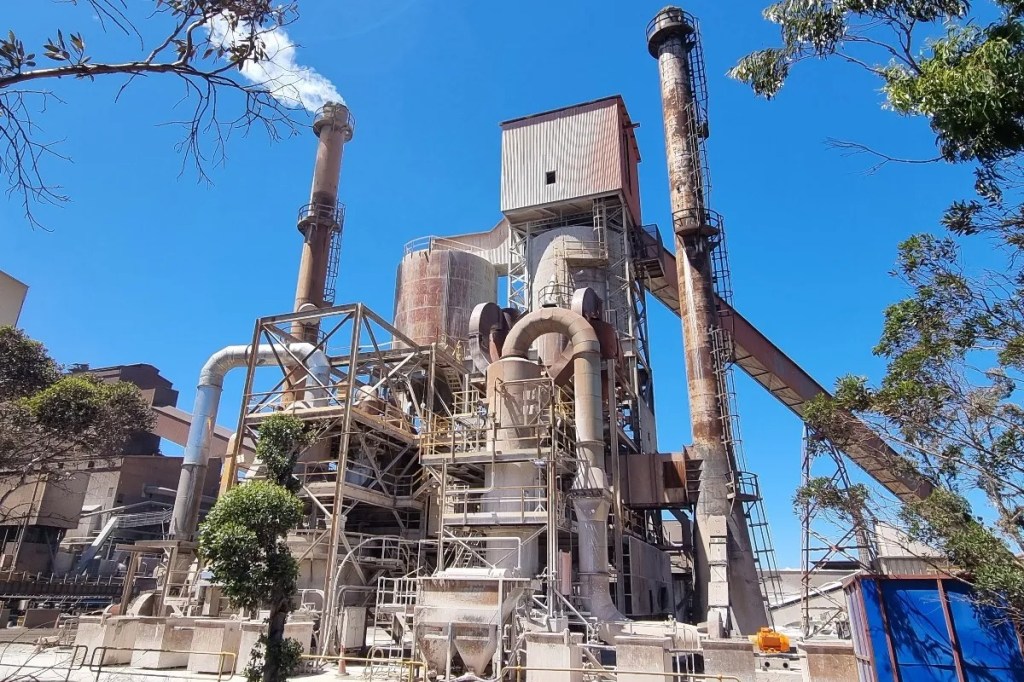
GFG Alliance owner and chairman Sanjeev Gupta spoke in-depth about the company’s rough 2024 and future plans on the in-house podcast “Steel Town” following last week’s news that the troubled blast furnace had cast its first steel after a four-month shutdown.
It was the second time within the past six months that GFG had to fix its blast furnace, with the latest shutdown leading to job losses. Rail providers Aurizon and Pacific National both ceased providing services to the company for non-payment, and the firm was in arrears to other suppliers and had unpaid royalties with the state government.
The regular uncertainty emanating from Whyalla caused anxiety for both the city’s locals and the state government which at one point sought advice on what to do if the steelworks fell into administration for the second time in a decade.
On the GFG podcast, Gupta said 2024 was “probably the most difficult year… in the steel industry” he’d seen in his 33 years in the business.
“It was worse than 2008, worse than 2015. We had a perfect storm in every respect,” he said.
“While demand was down at the same time we had an excess supply in countries like China, so there was stress in the steel business globally, almost every blast furnace I know of in the world was losing money and had a tough time, and we were definitely no exception.
“On top of that we had production problems, so last year we produced less than 25 per cent of our capacity – about 250,000 tonnes – compared to a capacity of over 1 million tonnes, which meant we lost a lot of money.
“It will go down in history as one of our toughest years.”
You might like

GFG chairman Sanjeev Gupta. Photo: GFG Alliance.
The industrialist, who runs a number of steelmaking businesses in the United States, United Kingdom, Europe and Australia under the name Liberty Steel, said several factors made him optimistic about the future.
“Interest rates are already dropping in many places which will help housing… last year was a massive election year across the world… that is now coming to an end, things will settle down in the US and various other places and as that happens we’ll find some stability and we’ll find a new world order,” he said.
“I think this year will be a better year, but not necessarily a perfect year or an easy year because it will take time. I think the first half will be more difficult than the second half, for example. So it will take some time for things to really start to come back.”
At Whyalla specifically, he said there was the looming issue of a two-to-three-week EPIC Energy natural gas shutdown, which will slow down the company’s plans of returning the blast furnace to full production.
But the solution for the city’s woes is getting the steelworks back to work and “we need to stop losing money”.
“No matter how strong a company is, no matter how strong a balance sheet is, you cannot keep losing money at the rate we’ve been losing it,” Gupta said.
“That has to stop. There’s things which will help us: the drop in raw material prices will help… we have new strategies on how to rebalance our production portfolio across the country… we have new plans on how to address some of the markets which are currently being competed on from imports.
“It’s not going to be easy. It is absolutely a Herculean undertaking, but I’m very confident – especially seeing what has happened over the last few months at the blast furnace and how we overcame what seemed to be impossible in the same zeal – I’m sure we will also get back to black.”
The plan gives GFG a “solid foundation for our green steel aspirations”, he said on the podcast, with Gupta stressing that the company needs an energy solution.
Stay informed, daily
“Without that, we can’t move forward,” he said.
“Which means we need hydrogen.”

The first hot metal ladle pouring hotel metal after the Whyalla steelworks’ blast furnace came back online. Photo: Supplied.
The company is set to make steel using green hydrogen produced at a state-government-owned facility that is yet to be built at Whyalla.
The state government’s plans – costed at approximately $600 million – involve building a hydrogen hub in the city by 2026, including the world’s largest electrolyser which will use renewable energy to split hydrogen from oxygen in water.
This hydrogen will power an electric arc furnace at the steelworks, which would replace the ageing blast furnace.
Gupta said the government’s hydrogen plan was “taking longer, and it’s going to be more expensive, and it’s going to take time to ramp up”.
“But nonetheless, the Premier was absolutely clear that he’s committed to providing hydrogen and that it will happen no matter what it takes,” he said.
In the meantime, the company will need to upgrade some infrastructure to use natural gas as an energy source before it transitions to green hydrogen.
“We need to transition from coal to gas. Either we need hydrogen or we need natural gas as a transition.
“We are in negotiations with Santos about procuring gas, but we need infrastructure. Those are the key ingredients we are missing at the moment, and if those are fulfilled we then have the jigsaw and we have plenty of investors willing and wanting to invest.
“My commitment to green iron and green steel for Whyalla is absolute. We need the ingredients to fall into place. They take time. New technology and new ideas take time.”
